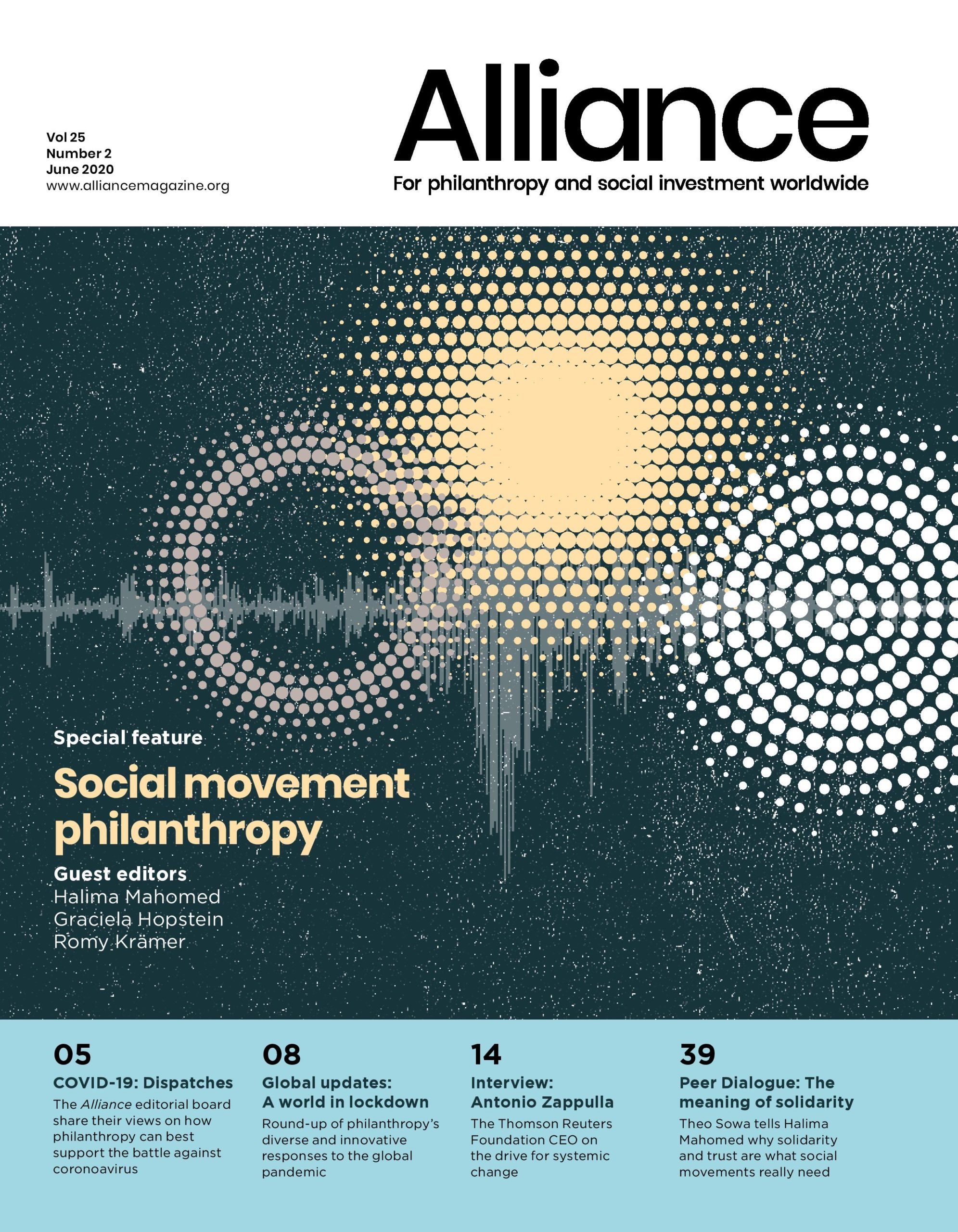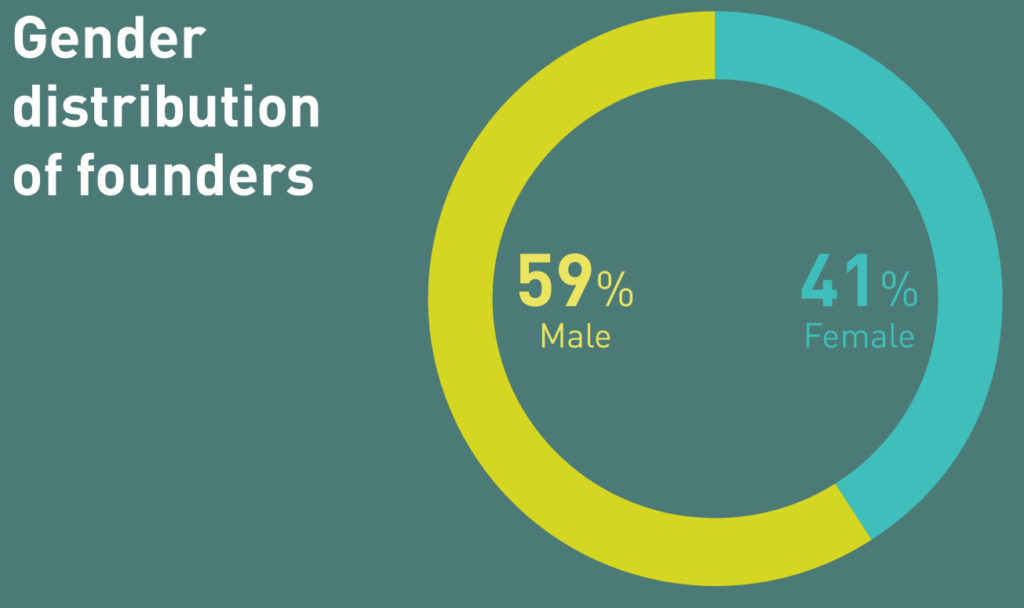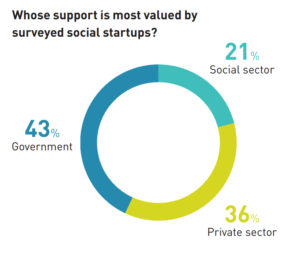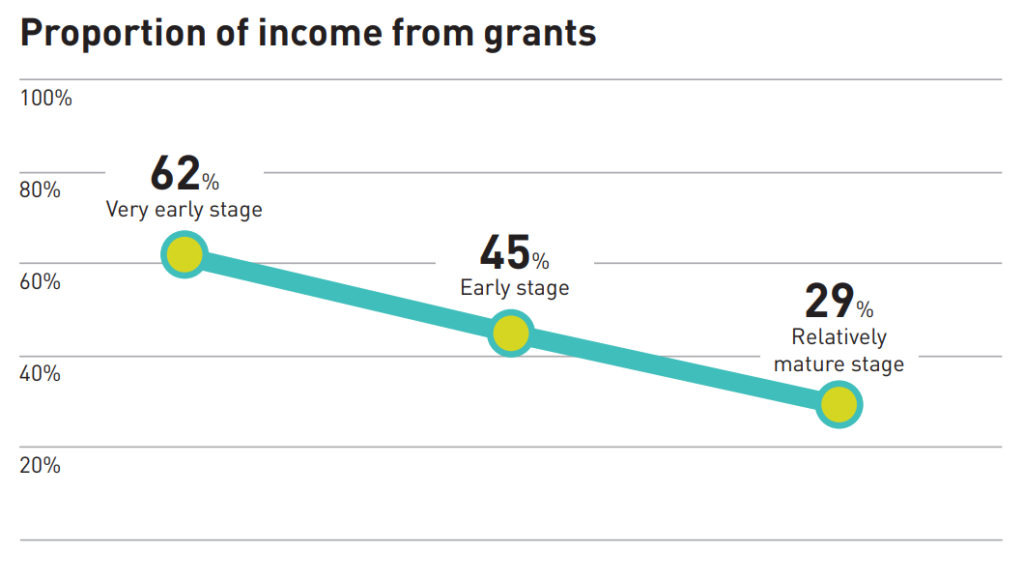As the coronavirus ravages businesses and communities, people are isolated, thrown out of work, cut off from medical care, and in need of services often provided by social enterprises. But new research shows that social enterprises themselves need help
In our study, Business for Good: maximizing the value of social enterprises in Asia[1], we examined the challenges social enterprises face, conducting over 700 surveys and interviews of founders, impact investors, enablers and policy-makers. The study covers six countries – Hong Kong, Indonesia, Japan, Korea, Pakistan and Thailand – with 1.2 million social enterprises among them, and spotlights China and India, which have an additional 3.5 million.
As Asia stands at an unprecedented confluence of wealth, opportunity and need, social enterprises, which combine social impact with financial return, are an important part of the way forward.
Why are they needed? Asia has one-third of the world’s wealth, but it also has two-thirds of the world’s poor. It is particularly vulnerable to the threat of climate change: 80 per cent of those displaced by weather disasters in the last decade were Asian. More than 350 million Asians lack access to electricity and 81 million are unemployed. Governments alone in Asia are not meeting the urgent needs of all citizens, even in affluent cities such as Hong Kong.
The greatest needs: finance, talent and mentoring
Not surprisingly, funding is a social enterprise’s most significant need. Governments of these economies are spending at least $100 million in direct and indirect support for social enterprises and an additional $900 million on general start-ups per year. Grants were the preferred type of early-stage funding for two-thirds of the social enterprises we surveyed. Impact investment is also in high demand, but supply is low with only 17 per cent receiving any over the last year. despite the fact that on average, relatively mature social enterprises earn 71 per cent of their income from business operations and can be good prospects for impact investment.
Philanthropists could also increase recognition of the sector through awards and calls-to-action among personal connections, and support research, knowledge-sharing and entrepreneurial education.
Aside from funding, talent is the greatest asset in the eyes of social enterprises and their next most pressing need. Fortunately, Asia has a large population of young workers, as well as senior talent seeking to remain active. In fact, we found the leadership in the sector runs the age gamut with a third of founders over 40. We also found that more than 40 per cent of all founders are female, well above the number of those in the traditional private sector.
Mentoring
Mentorship is also highly valued, and in even shorter supply. Founders of some of the most successful social enterprises we interviewed spoke of the critical value of mentors, such as Florence, a social enterprise providing childcare services in Japan. In our study, 87 per cent of social enterprises believe it is useful to work with more than one mentor, and 69 per cent prefer one-to-one mentoring to group mentoring. Enablers such as Root Impact, a co-working space in Korea that connects social start-ups, mentors and investors in innovative ways, are stepping in to meet these needs.
Who can help?
Philanthropists could consider funding early-stage enterprises and ecosystem enablers. They could also increase recognition of the sector through awards and calls-to-action among personal connections, and support research, knowledge-sharing and entrepreneurial education. For example, the Yeh Family Foundation in Hong Kong combines its own financial and technical resources with those of the Hong Kong government’s SIE fund to provide funding and technical support to start-up social enterprises.
Corporates can help raise awareness and fund enterprises. Moreover, they can integrate social enterprises into their supply chains and lend talent and facilitate mentorship to pass on industry insights. The Chaudhary Group in Nepal uses its expertise and supply chains to assist social enterprises to develop their business plans, access capital and distribute their goods and services.
Founders of some of the most successful social enterprises we interviewed spoke of the critical value of mentors.
As Asia stands at an unprecedented confluence of wealth, opportunity and need, social enterprises, which combine social impact with financial return, are an important part of the way forward. In Hong Kong, social enterprises address needs and provide services in education, training, healthcare, biotech, pharmaceuticals and information technology. Now is the time to remove barriers and invest in their success.
Yellowdog (Korea)
Founded by a group of women in 2016, Yellowdog is an impact investment firm that seeks out businesses in six ‘impact domains’ tackling social issues and challenges that the existing system is unable to solve. Yellowdog’s strategy is to create an investment portfolio comprised of companies with a spectrum of financial returns. Yellowdog is also helping bridge the impact measuring gap that often holds back investments by co-developing criteria for impact measurement for both investors and investees.
Ansaar Management Company (Pakistan)
Social enterprise Ansaar Management Company (AMC) has been tackling the challenge of providing low-cost housing in Pakistan since 2008. Its for-profit model builds and develops housing units of which it then sells a proportion to low-income families at (or near) costs. Its model goes beyond just building low-cost housing by designing communities with access to clean drinking water, electricity and underground sewage. It also negotiates mortgage opportunities with local banks. AMC has so far provided housing to 3,000 people and aims to expand globally.
Ruth Shapiro is founder and chief executive, Centre for Asian Philanthropy and Society.
Email: ruth@caps.org
Twitter: @RuthShapiroCAPS
Mehvesh Mumtaz Ahmed is director of research, Centre for Asian Philanthropy and Society.
Email: mehvesh@caps.org
Twitter: @Mehvesh










Comments (0)
Social enterprises in Asia have enormous potential to make a positive impact on the lives of millions of people.